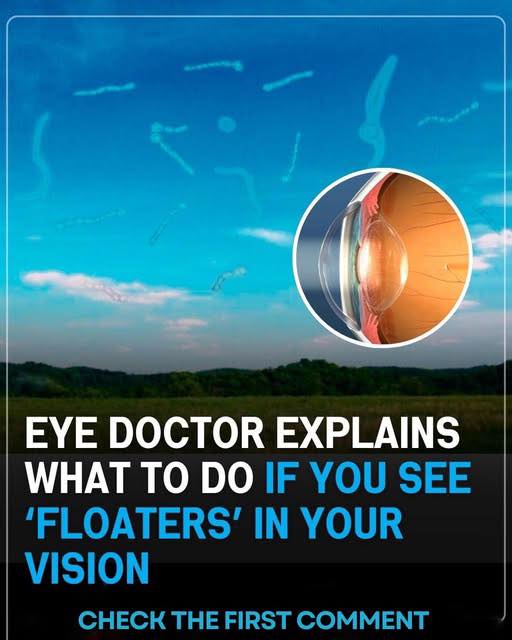Treatment Options
In many cases, no treatment is necessary for eye floaters. Over time, they may become less noticeable as the brain adapts to ignoring them. However, if floaters significantly impair vision or are caused by underlying conditions, treatment options include
- Vitrectomy: A surgical procedure that removes the vitreous humor and replaces it with a saline solution. While effective, it carries risks such as retinal detachment and cataracts.
- Laser Therapy (Laser Vitreolysis): Uses a laser to break up floaters, making them less noticeable. This procedure is less invasive but may not be suitable for all types of floaters.
It’s essential to discuss the benefits and risks of these treatments with an eye care professional.
Preventive Measures and Eye Health Maintenance
While it’s not always possible to prevent eye floaters, certain practices can help maintain overall eye health
Eye floaters are a common part of the aging process and are usually harmless. However, sudden changes in their appearance or accompanying symptoms like flashes of light or vision loss should prompt immediate medical evaluation. Regular eye check-ups and maintaining a healthy lifestyle are key to preserving vision and detecting potential issues early
Note: This article is for informational purposes only and does not substitute professional medical advice. Always consult with a qualified healthcare provider regarding any concerns about your eye health.
